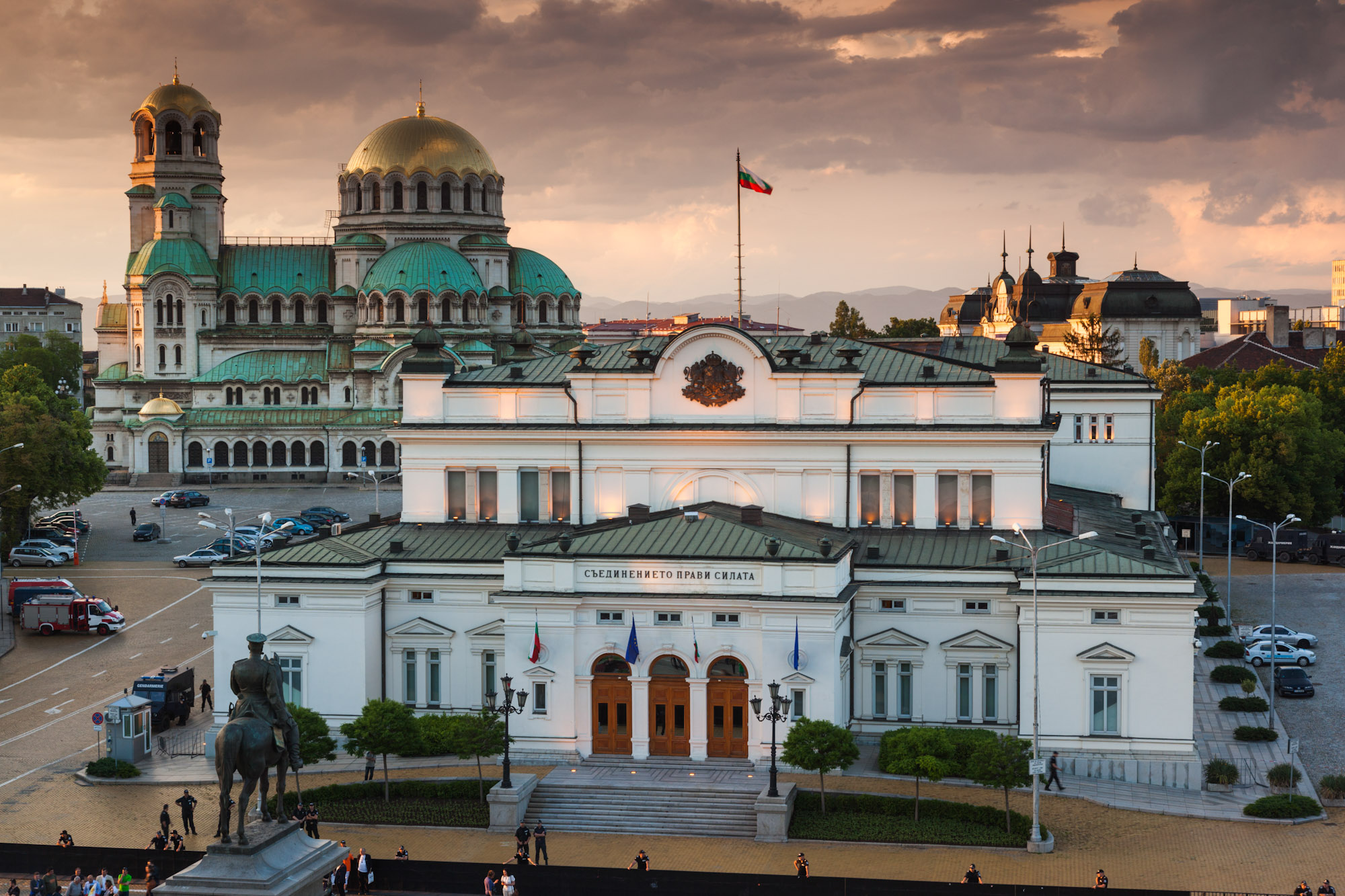IRI-convened Working Groups Design and Adopt Municipal Reform Agendas by Consensus in 10 Bulgarian Municipalities

In Bulgaria, the International Republican Institute’s (IRI) municipal anti-corruption program continues to push toward real reforms in the governance of 10 municipalities. Following IRI’s previously discussed national anti-corruption conference that galvanized mayors’ political will for reform, the program progressed toward its most critical component – the actual design and agreement of reform agendas by IRI’s municipal working groups. Given the diversity of working group members, including members of the municipal administration, council, and civil society, unanimous agreement on a set of reforms, let alone those touching sensitive issues related to corruption, was far from guaranteed. Yet, IRI is on track for all 10 working groups to manage exactly that. How was the Institute able to achieve success?
As part of IRI’s Vulnerabilities to Corruption Approach (VCA), the 10 municipal working groups were first convened to validate IRI’s municipal assessment report findings. This offered working group members the opportunity to address an agreed-upon set of problems, and it also allowed sufficient time and interaction for group dynamics to be established. Second, working group members’ attendance at the national conference allowed them to gather ideas from international experts and exchange best practices with other municipalities. Lastly, the signing of a municipal anti-corruption pact by all ten mayors at the conference provided the political support and impetus for working group members to craft reforms.
IRI also created a menu of reforms that working groups could choose from, as well as an agenda template, both of which helped streamline the reform creation process. As participants regularly met, they could better understand the various positions within the group and the limitations under which fellow members operated. Through the groups, IRI managed to create a safe space for discussion, shielded from partisan differences, and CSOs gained access to municipal decision makers and their representatives.
As a result, eight of IRI’s 10 municipal working groups have unanimously approved reform agendas, responding to the assessed vulnerabilities to corruption in each municipality. Approved reforms include improvements to municipal websites, conducting civic education campaigns, introducing participatory budgeting, and adding or strengthening ombudsman positions. IRI has sent these approved agendas to municipal mayors, who have previously been briefed on the planned agendas, and expects formal adoption by municipal councils early next year.
Adoption of the designed reform agendas by consensus is fundamental for creating legitimacy and local ownership of the document. The fact that working groups grounded the document in local realities and municipal needs, as seen by their members, ensures the relevance of the documents and the salience of included reforms. Thus, IRI made sure the agendas reflect municipal challenges and circumstances. The reform agenda design process was in essence a process of building consensus on what the vulnerabilities to corruption are, their significance, and how to address them.
This process occurred in parallel with 10 working groups in 10 municipalities, over two months. The documents that were produced set a new precedent on the municipal level and are the result of a process led and facilitated by IRI, which would not have been possible without IRI’s presence, guidance, and perseverance on the ground.
Top